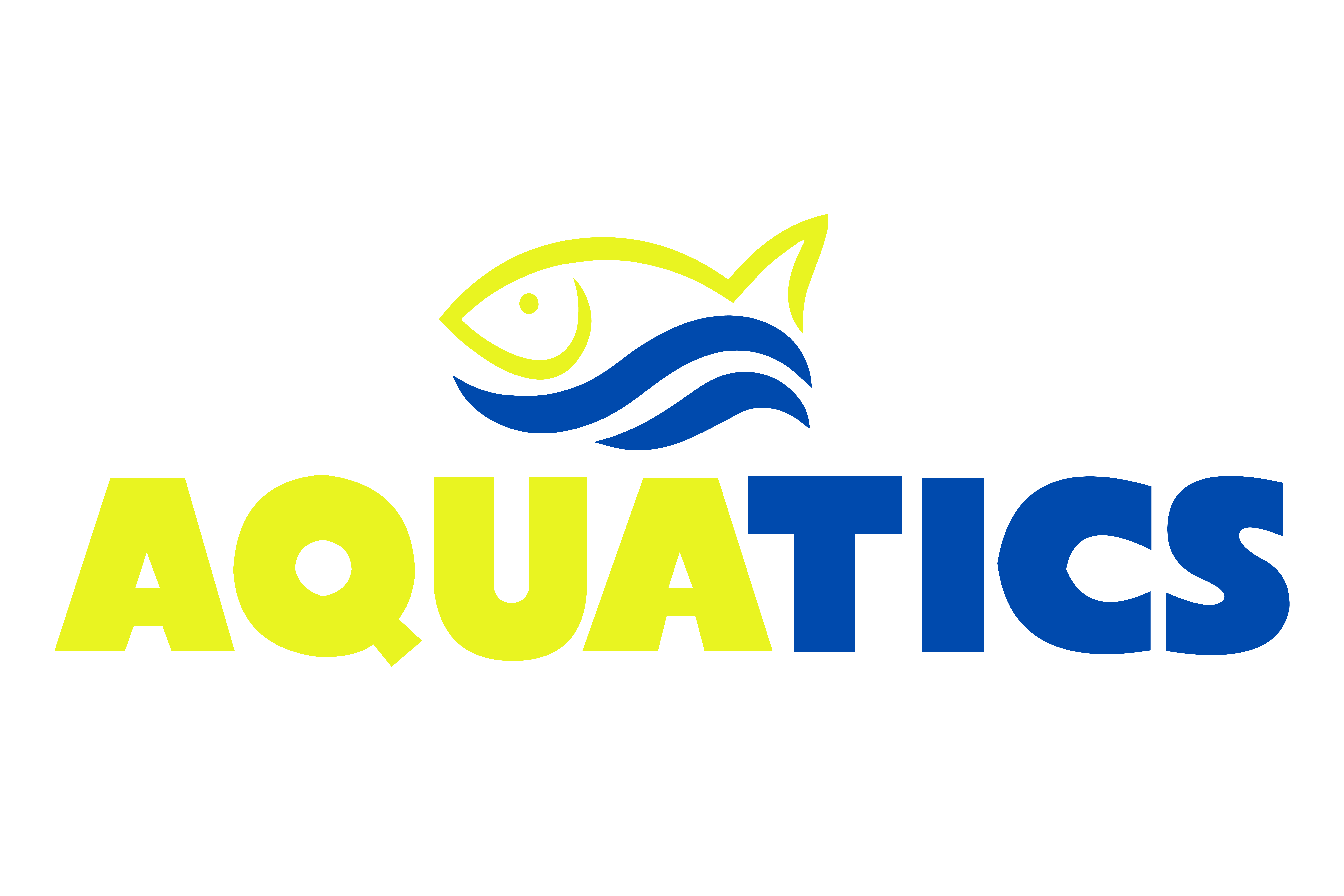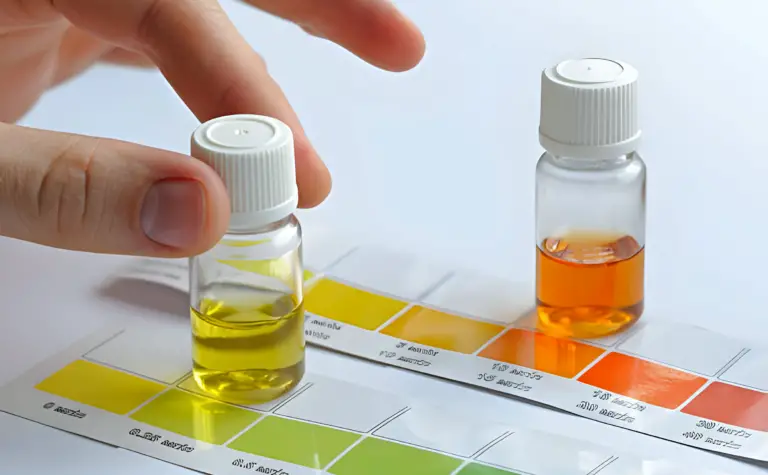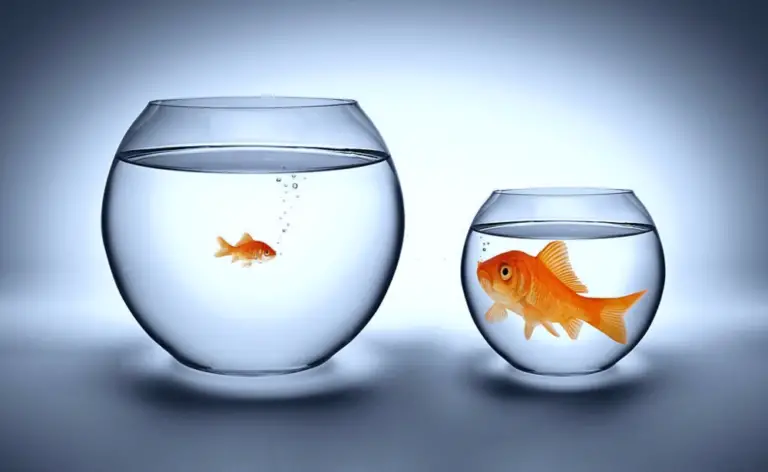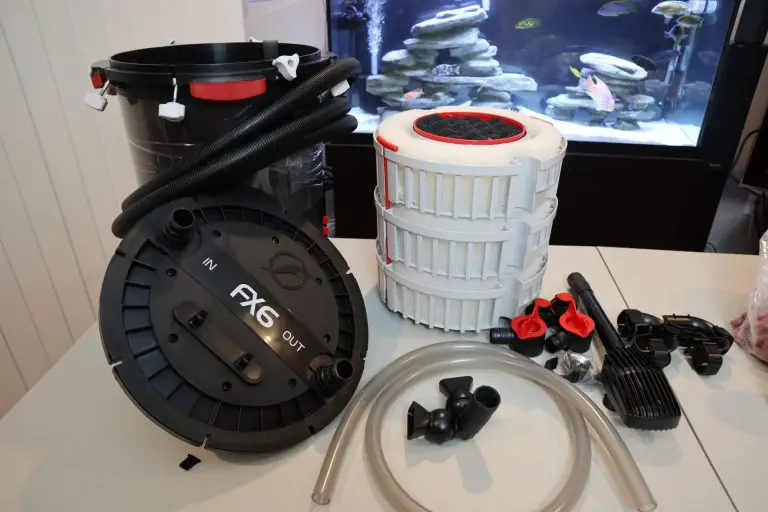Importance of Chemical Filtration for Healthy Aquariums
Importance of chemical filtration in aquariums
Chemical filtration in aquariums plays a vital, but still optional, role in creating a healthy environment for your fish. It helps in removing toxins and impurities from the water, keeping it clean and safe for aquatic life. Chlorine, ammonia, and heavy metals are some common harmful chemicals that can harm your fish if not filtered out. By maintaining proper chemical filtration, you are ensuring a balanced ecosystem for your fish to thrive in.
Understanding aquatic life and ecosystem balance
Aquatic life in your aquarium is delicate. Each species depends on a balanced ecosystem to thrive. Factors like water quality, temperature, and food availability play a crucial role. Understanding how these elements interconnect is key to creating a healthy environment for your fish. Through proper chemical filtration, you can maintain the water’s purity, ensuring a safe space for your aquatic friends. Keep in mind that any imbalance can disrupt the ecosystem, impacting the well-being of your fish.
Common chemicals affecting aquatic life
To maintain a healthy aquatic environment for your fish, it’s essential to be aware of common chemicals that can impact aquatic life. Some of these chemicals include chlorine, commonly found in tap water and harmful to fish, ammonia which can build up from fish waste and uneaten food leading to toxicity, and nitrites that can result from the breakdown of ammonia. These chemicals can disrupt the balance of your aquatic ecosystem, causing stress and harm to your fish if not properly managed.
Choosing the right chemical filtration method
When selecting a chemical filtration method for your aquarium, you must consider the needs of your aquatic friends. The two primary types are activated carbon filtration and chemical resins. Activated carbon filtration is effective at removing impurities like odor and discoloration, while chemical resins target specific pollutants such as ammonia and nitrates. Each method has its advantages, so choose based on your specific goals for maintaining a healthy and balanced aquatic ecosystem for your fish.
Benefits of maintaining a balanced ecosystem for fish
Maintaining a balanced ecosystem for your fish brings several benefits to their health and happiness. Here’s why it’s important:
- A balanced ecosystem keeps the water clean, reducing the risk of diseases and infections in your fish.
- Proper ecosystem balance provides natural habitats for fish, allowing them to exhibit their natural behaviors and thrive.
- It creates a stress-free environment for your fish, promoting their overall well-being and longevity.
- Balance in the ecosystem helps in sustaining a diverse and vibrant aquatic community, making your fish tank a visually appealing and dynamic space.
Factors to consider for effective chemical filtration
Chemical filtration is helpful for maintaining a healthy aquatic environment for your fish. When setting up your filtration system, here are some key factors to consider for effective chemical filtration:
- Choosing the right filter media: Select the appropriate filter media that targets the specific contaminants in your aquarium water.
- Regular maintenance: Ensure you clean or replace the filter media regularly to prevent a buildup of harmful chemicals.
- Monitoring water parameters: Regularly test your water parameters such as ammonia, nitrites, and nitrates to assess the effectiveness of your chemical filtration.
- Proper filtration system size: Ensure your filtration system is adequately sized for your tank volume to handle the chemical load effectively.
- Understanding fish species: Different fish species have varying tolerance levels to chemicals, so consider their specific needs when setting up chemical filtration.
By considering these factors, you can effectively maintain a balanced ecosystem for your fish through proper chemical filtration.
Setting up a chemical filtration system
To set up a chemical filtration system, you’ll need to integrate activated carbon into your filter. Activated carbon helps in absorbing harmful chemicals like ammonia and nitrates, keeping your fish healthy. Simply fill a mesh bag with activated carbon and place it in the filter. Make sure to replace the activated carbon every 4 to 6 weeks to maintain its effectiveness in keeping your aquatic environment clean and balanced.
Monitoring and testing water quality
Testing water quality is essential to ensure a healthy environment for your fish. You can monitor the water in your aquarium by examining essential parameters like pH levels, ammonia, nitrite, and nitrate concentrations. Regular testing will help you identify any imbalances that could harm your aquatic pets.
Tips for maintaining a healthy aquatic environment
To maintain a healthy aquatic environment for your fish, it’s important to regularly clean your aquarium and check its water parameters. Here are some tips to help you ensure a balanced ecosystem:
- Perform regular water changes to remove accumulated waste and maintain water quality.
- Monitor and regulate water temperature to keep it stable for your fish.
- Use a quality filtration system to remove toxins and maintain a clean environment.
- Avoid overfeeding your fish to prevent excess waste and maintain water clarity.
- Introduce aquatic plants to help oxygenate the water and provide natural filtration.
- Quarantine new fish before adding them to your aquarium to prevent the spread of diseases.
- Maintain proper lighting to support plant growth and mimic natural conditions for your fish.
Conclusion and final thoughts
To wrap it up, keeping a balanced ecosystem in your fish tank through chemical filtration is crucial for the health and well-being of your aquatic companions. By maintaining proper water quality, you can provide a safe and thriving environment for your fish to flourish. Remember to regularly monitor your tank parameters, perform routine water changes, and choose the right filtration media for your specific needs. Investing time and effort into understanding and implementing chemical filtration practices will not only benefit your fish but also contribute to the overall beauty and sustainability of your aquarium ecosystem.








